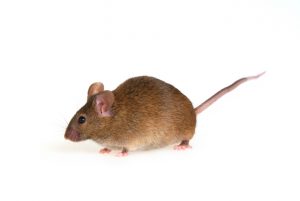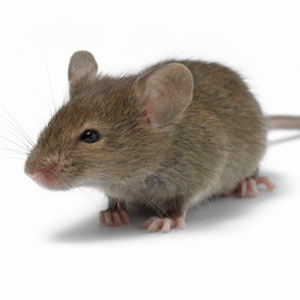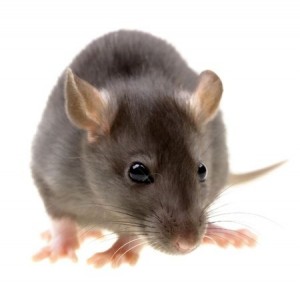How to get rid of Mice in Houses
In Pests
How to get rid of Mice in Houses:
Mice are different from rats in many respects. They are often tolerated more readily than rats because some people consider them ‘cute’. Mice can kill. They carry the same diseases that rats do and people are more likely to come into contact with items or foodstuff contaminated by mouse urine or faeces. The reason for this is they urinate more frequently and are more likely to get into cupboards and cutlery drawers than rats. They can also damage electrical wiring and rubber pipework. Where as rats are suspicious of new objects (such as poison baits or traps), mice are the opposite, curious and inquisitive. They are strictly territorial. Both these factors must be considered for the successful treatment. To take advantage of the inquisitive nature, it may be advantageous to use bait boxes instead of trays. Moving objects within the mouse territory makes the mice within the territory ‘re learn’ the area thus discovering baits and traps within the territory. This makes control quicker. Traps as with rat treatments can lead to treatment failure or partial success. A successful treatment must result in ALL the mice being killed. If this is not the result then the mice will breed and the problem returns. Most home treatments fail because the baiting is not thorough enough, all the territories need baiting. These may include the loft, kitchen, garage and shed. Mice in a loft may feed on insects and seeds blown in and anything stored up there. The size of the mouse families territory is dictated by the food supply available. A kitchen territory will be small compared with a loft one which will be large.

Trapping & Poisoning
Initially trapping will be successful but by ‘natural selection’ the mice that like traps will be dead and the remaining will learn to avoid traps. The survivors will breed and produce mice with the same behaviour. The anti coagulant poisons tend to avoid this problem by having a delayed effect and as long as there is enough poison bait laid, presented in an ‘interesting manner’ and all territories baited.

As with rats an integrated approach is best that considers food supply, hygiene, proofing and baiting.

PEST UK offer a guaranteed treatment for mice.
Mice BPCA

